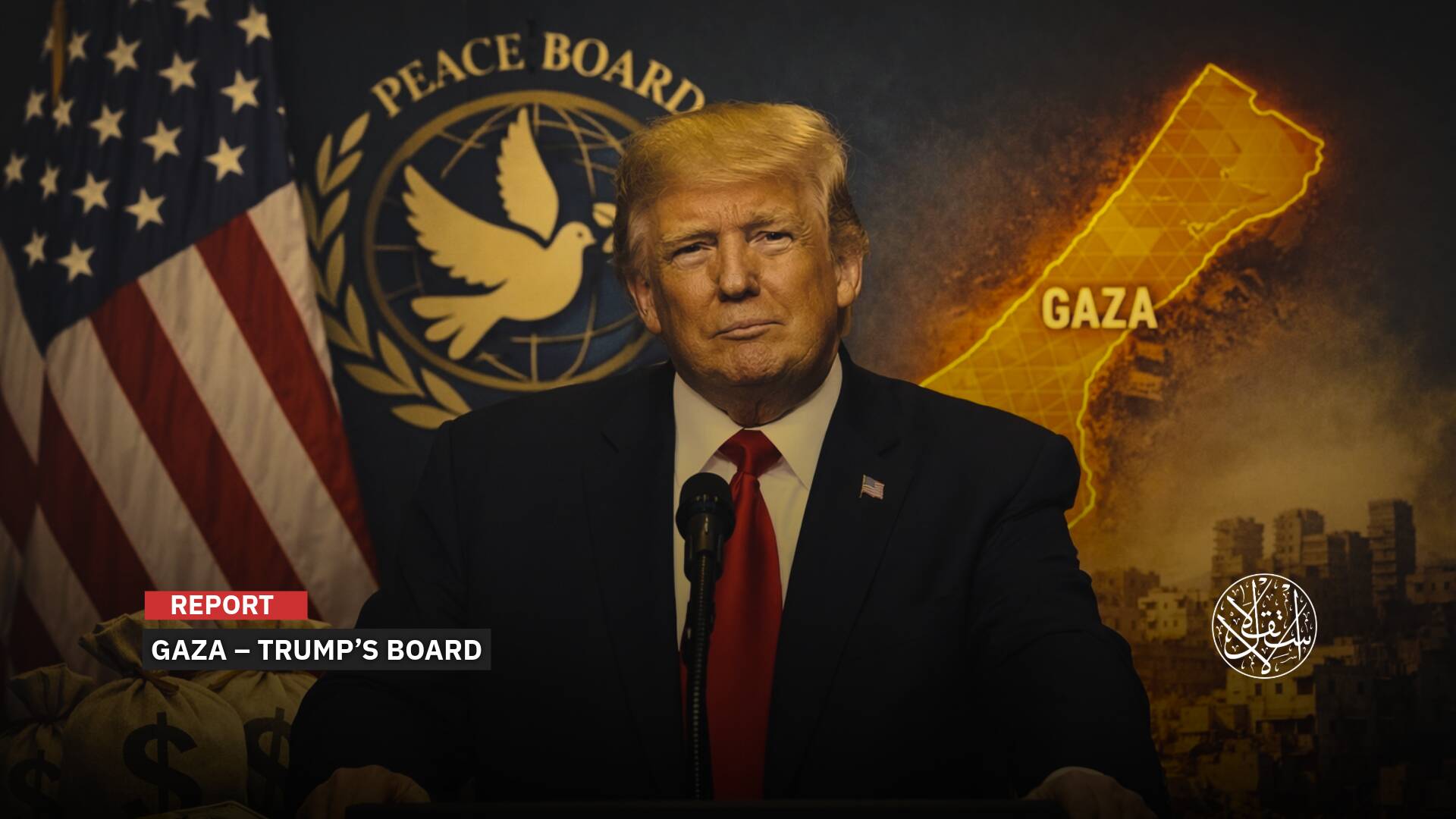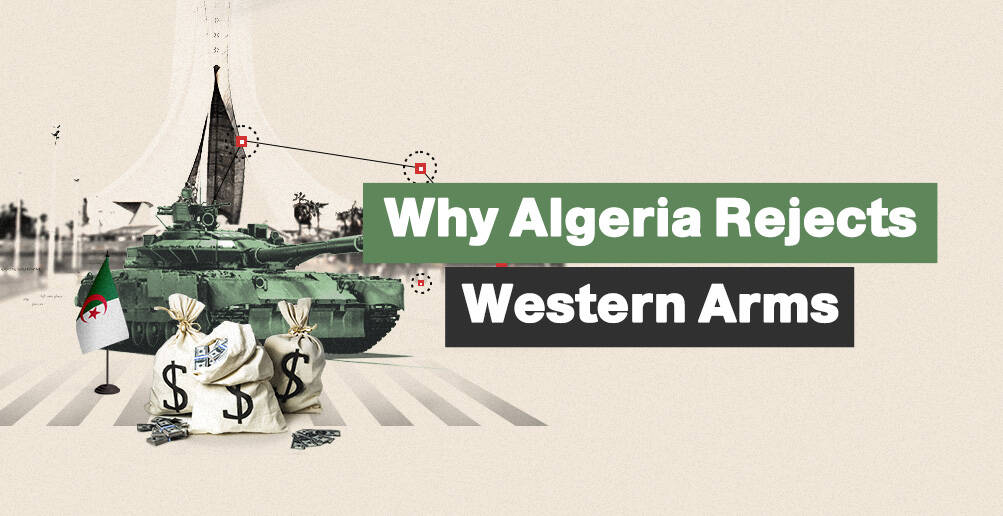‘Israel’ Is at the Center of the U.S.–Saudi Negotiations: Only Leaks or Features of a New Middle East?

What is no longer a matter of debate is that the administration of U.S. President Joe Biden is determined to use the weight of Washington to achieve the normalization deal between “Israel” and Saudi Arabia.
Talks on signing a normalization agreement between Riyadh and Tel Aviv have gained momentum recently, but they still face challenges, the most important of which is the unwillingness of the ruling Yemen coalition in “Israel” to make concessions, as well as several Saudi demands from the United States.
It seems that the Biden administration is looking forward to achieving normalization during the election campaign and before the remaining 14 months of presidential elections if its pressure on both parties succeeds.
In recent days, unprecedented movements and initiatives have been accelerated by the parties concerned with the matter, and the latest of these movements was the visit of a team of relevant officials in the Biden administration to Saudi Arabia.
It is noteworthy that U.S. National Security Advisor Jake Sullivan made a visit last July to Riyadh, which was dedicated to discussing the issue of normalization with the Saudi leadership.
President Biden at the time hinted at a rapprochement in this regard. His observation was linked to the movement and unusual steps that followed, including the visit of a high-level Palestinian delegation to Riyadh to present the demands of the Palestinian Authority (PA) if normalization takes place. Then came the Saudi step to appoint a non-resident ambassador to the PA.
On the American side, a new U.S. ambassador to “Israel,” Jacob Lew, was chosen, and it is expected that the U.S. Senate will not delay in approving his appointment.
U.S. officials believe that it is possible to reach an agreement between “Israel” and Saudi Arabia after the administration of former President Donald Trump reached similar agreements between “Israel” and Morocco, Sudan, Bahrain, and the UAE.
While the peace process has been stalled since 2014, the Palestinians demand the establishment of their independent state with East Jerusalem (East al-Quds) as its capital on the 1967 borders.
U.S.–Saudi Negotiations
Leaks in major American media outlets such as The New York Times and The Wall Street Journal revealed that there are negotiations to reach a comprehensive agreement between the U.S. and Saudi Arabia.
This supposed agreement includes security guarantees for Saudi Arabia similar to those provided by NATO, gives the Saudis access to advanced U.S. defense systems, and facilitates the establishment of a peaceful nuclear plant capable of enriching uranium within the kingdom.
On the other hand, the U.S. calls on Saudi Arabia to refrain from strengthening its relations with China and Russia and to end the conflict in Yemen.
These demands include, in particular, refraining from involving the Chinese giant Huawei in Saudi projects, refraining from granting China the right to establish military bases in the kingdom, and refraining from using Chinese currency in trade.
As for Russia, the U.S. demand focuses on Saudi Arabia stopping coordination with it regarding oil prices under the pretext of the Russian invasion of Ukraine.
Also, Washington expects Saudi normalization with “Israel” in exchange for Saudi expectations of resolving the Palestinian issue according to the initiative agreed upon by all Arab countries at the Beirut Summit in 2002.
Saudi officials have been largely silent about the possibility of reaching an agreement with “Israel” so far and have publicly stressed that any normalization of relations must occur after allowing the establishment of a Palestinian state.
Many doubt the ability of the current U.S. administration to pass this agreement in Congress, so it will take a great effort from the Biden administration to first convince his party to accept it.
The New York Times said earlier this August, “To broker a new diplomatic pact between Israel and Saudi Arabia, the White House would need to persuade two historic adversaries to find common ground on thorny issues like nuclear enrichment, weapons sales and the territorial rights of Palestinians.”
According to the newspaper, White House officials held meetings in the Capitol building in recent weeks with a small, influential group of Democratic senators to inform them of the details of the ongoing negotiations between the Saudis and the Israelis.
Any new treaty with Saudi Arabia will require the support of two-thirds of the members of the Senate: 67 out of 100 members.
During the past years, the majority of Democratic Senators voted on several occasions to restrict Washington’s security partnerships with Riyadh due to objections to the war in Yemen and the killing of journalist Jamal Khashoggi.

Palestinian Demands
On September 6, The Financial Times reported that high-ranking American and Palestinian officials went to Riyadh for talks on the issue of establishing diplomatic relations between Saudi Arabia and “Israel.”
The newspaper said that the Palestinians “came to Riyadh to discuss their position with Saudi Arabia ahead of any deal with Israel.”
Jake Sullivan said that the U.S. delegation will hold talks with the Palestinians and will discuss other regional issues with the Saudis.
The American delegation was headed by Middle East Advisor Brett McGurk, Assistant Secretary of State Barbara Leaf, and Special Envoy to Yemen Tim Lenderking.
A Palestinian official told the newspaper that the Authority wants American support to obtain full membership in the United Nations instead of observer status, among other things.
He explained that the PA submitted a list of requests to Saudi Arabia as part of any potential normalization deal.
According to 6 American and Israeli sources familiar with this issue, these requests include granting the PA more control over certain areas in the West Bank, reopening the U.S. consulate in Jerusalem (al-Quds), and opening a consulate in Riyadh in the same city.
On September 5, both U.S. and Israeli media outlets reported that a Palestinian delegation was en route to Washington to negotiate the incentives the PA would receive in return for approving the Saudi–Israeli normalization agreement.
Earlier, The Wall Street Journal revealed that the Palestinians demanded that the Saudis resume funding for the PA, which was stopped several years ago, while the kingdom expressed its approval of this condition.
According to Saudi and Palestinian officials, Palestinian leaders are calling for “Israel” to cede control of specific areas in the West Bank and dismantle some illegal Israeli settlements as prerequisites for any U.S.-mediated deal to establish diplomatic relations between “Israel” and Saudi Arabia. These requests are far less ambitious than their past public demands.
People familiar with the Saudi position confirmed that the Palestinian leadership must soften its demands if it expects any concessions from “Israel,” given the presence of far-right parties in power that refuse to make any concessions to the Palestinians.
An Israeli official who spoke to The Financial Times also previously ruled out making any concessions to the Palestinians or freezing settlements.
Last month, Axios quoted U.S. officials as saying that “the Biden administration told the Israeli government last week that it would have to make significant concessions to the Palestinians as part of any possible mega-deal with Saudi Arabia.”
Dr. Jonathan Rynhold, head of the Political Studies Department at Bar-Ilan University, told The Media Line that, with the current coalition, Netanyahu “can’t do anything,” adding that “persuading this particular Israeli government to agree to a deal involving significant concessions to the Palestinians would be a tough sell.”

Difficult Agreement
According to reports published by American newspapers such as The Wall Street Journal and The New York Times, and Israeli newspapers such as The Times of Israel, Yedioth Ahronoth, and Haaretz in the recent period, “the path to normalization between Israel and Saudi Arabia is still long, and there are great challenges facing American mediation.”
This was confirmed by Director of Strategic Communications at the National Security Council, John Kirby, who said that the talks are still in their infancy and that the frameworks for their work have not yet been drawn up, denying The Wall Street Journal’s report about achieving progress that might lead to a U.S.–Saudi–Israeli agreement within 9 to 12 months.
Jake Sullivan also said on September 8 that “American, Israeli, and Saudi leaders have put on the table many elements for a path toward normalization, but there is much work to be done.”
Last July, Biden told CNN, when asked about the anticipated Saudi–“Israel” normalization deal, that, “We’re a long way from there. We got a lot to talk about.”

It is noteworthy that the relations between the Biden administration and the Netanyahu government are the worst in decades in the history of the two countries. This adds more difficulty to the proposed agreement.
In addition, Saudi Arabia also does not show confidence in the ability of the Netanyahu government to commit to long-term commitments regarding the Palestinian cause.
The Netanyahu government was further confused by Saudi Arabia’s move to appoint its ambassador to Jordan, Nayef al-Sudairi, as its non-resident ambassador to Palestine. Saudi Arabia also announced that the ambassador will also hold the position of Consul General in the city of East Jerusalem, and not in Ramallah, where the PA is located.
The appointment represents a nod to the PA as well as a recognition of Palestinian claims to Jerusalem (al-Quds) since the credentials were presented to the PA and not the Israeli Foreign Ministry.
This angered the Israeli government and prompted it to issue a counter-statement, saying that it does not recognize diplomats in Jerusalem except through its official channels.
However, Senator Chuck Schumer, the New York Democrat and majority leader, said: “There are still a lot of pitfalls along the way. But if Saudi Arabia and Israel could come together in an agreement, it would dramatically change the situation in the Middle East for the better.”
Sources
- US and Palestinian officials in Riyadh for talks on Saudi-Israel deal
- Scoop: Palestinians gave Saudis list of what they want in Israel-Saudi peace deal
- White House Targets Key Democrats on Potential Saudi-Israel Pact
- In New Step Toward Israel Deal, Saudi Arabia Offers to Resume Palestinian Authority Funding
- Saudis Agree With U.S. on Path to Normalize Kingdom’s Ties With Israel
- Palestinians promise ‘no embarrassment to US, Saudi in Israel normalization talks’










